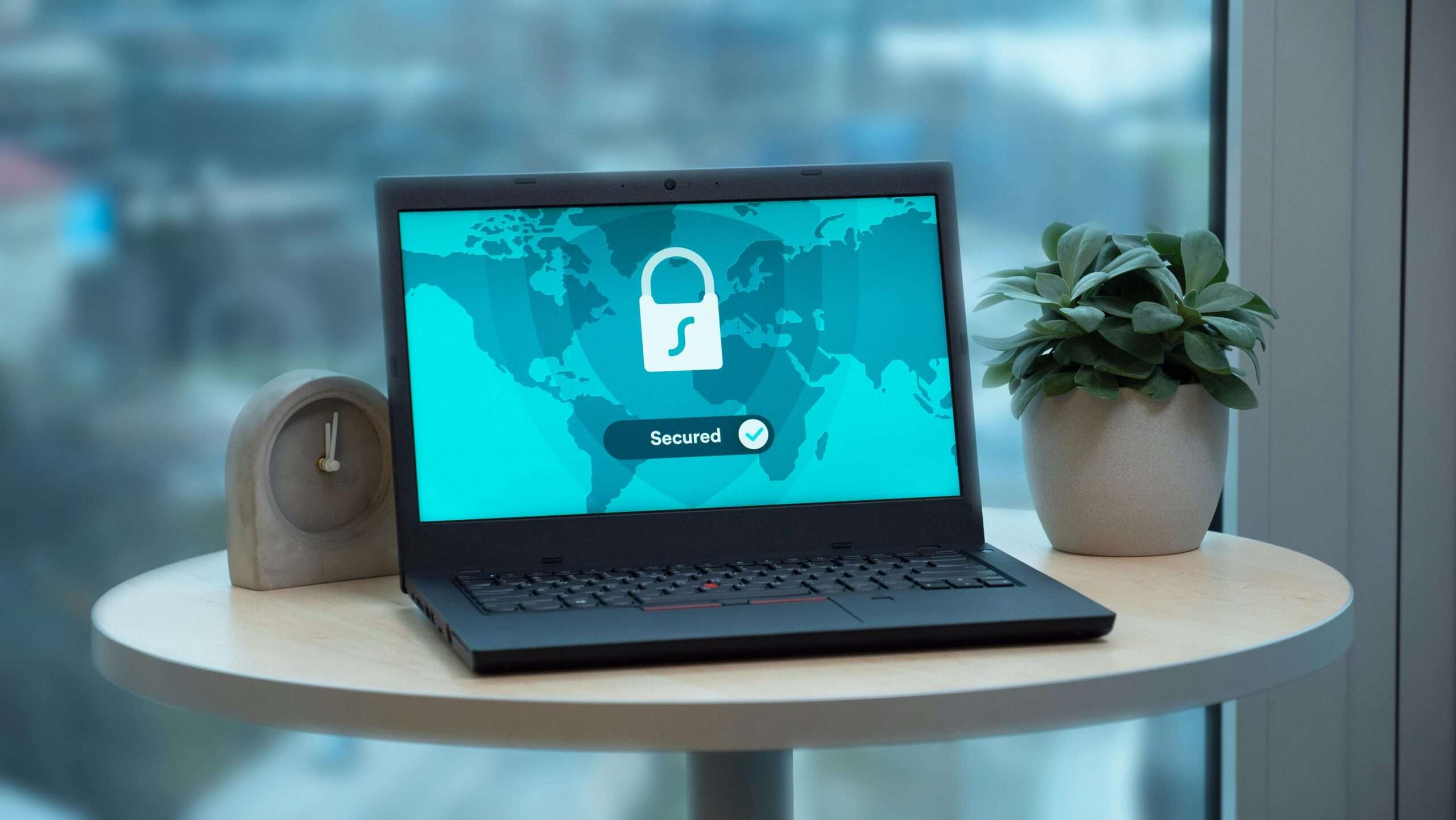Free vs Paid Proxies : Which Option Is Best for You?

In the digital age, maintaining online privacy is more important than ever. One effective way to do this is by using proxies, which act as intermediaries between your device and the internet. However, when it comes to choosing the right proxy, users often find themselves torn between free vs paid proxies. This article will delve into the key differences, benefits, and drawbacks of each option, helping you make an informed decision.
Understanding Proxies: The Basics
Before diving into the debate of Free vs paid proxies, it’s essential to understand what proxies are and how they work. A proxy server routes your internet traffic through its own IP address, masking your true location and providing anonymity. This functionality is beneficial for various purposes, including:
- Bypassing Geo-Restrictions: Access content that may be blocked in your region.
- Enhancing Online Security: Protect your data from potential cyber threats.
- Improving Performance: Some proxies can reduce latency, especially for gamers.
The Role of Free vs Paid Proxies in Online Activities
Proxies can facilitate smoother browsing experiences, especially for activities like streaming or gaming. However, the type of proxy you choose can significantly impact your overall experience.
Free Proxies: Pros and Cons
What Are Free Proxies?
Free proxies are services that offer proxy connections without requiring payment. These proxies are popular among casual internet users who want to access restricted content or surf the web anonymously.
Advantages of Free Proxies
- No Financial Commitment: The most apparent benefit is that free proxies don’t cost anything, making them attractive for users on a budget.
- Easy Accessibility: Many free proxy services are straightforward to find and use, allowing users to quickly get started with minimal setup.
Disadvantages of Free vs Paid Proxies
- Privacy Concerns: Many free proxies monetize their services by tracking user activity and selling data. This compromises your online privacy, which is one of the primary reasons for using a proxy in the first place.
- Unreliable Speeds: Free proxies often have numerous users sharing the same IP address, leading to reduced speeds and inconsistent performance.
- Lack of Support: Most free proxy services do not offer technical support, leaving users vulnerable in case of issues.
When to Use Free vs Paid Proxies
Free proxies can be useful for short-term needs or casual browsing where privacy isn’t a primary concern. If you’re just looking to access a website temporarily, a free proxy might suffice.
Paid Proxies: The Advantages
What Are Paid Proxies?
Paid proxies are subscription-based services that charge users for access. They often come with a range of features that justify the expense.
Benefits of Paid Proxies
- Enhanced Security: Paid proxies typically employ advanced encryption methods to protect user data, making them safer for handling sensitive information.
- Better Performance: With dedicated IP addresses, paid proxies offer improved speeds and reliability, ensuring a smoother browsing experience.
- Customer Support: Many premium proxy services provide round-the-clock customer support, helping users resolve issues quickly and efficiently.
Who Should Consider Paid Proxies?
For users who require a high level of privacy and security, especially in business contexts, paid proxies are a wise investment. They are ideal for those who engage in activities that demand speed and reliability, such as online gaming, streaming, or handling sensitive data.
Comparing Features: Free vs Paid Proxies
Security
- Free Proxies: Often lack encryption and can expose your data to third parties.
- Paid Proxies: Provide robust security features, including encryption and malware protection.
Speed
- Free Proxies: Typically experience slower speeds due to shared resources and limited bandwidth.
- Paid Proxies: Offer dedicated resources, resulting in faster and more reliable connections.
Support
- Free Proxies: Generally do not provide any customer support.
- Paid Proxies: Usually come with customer support to assist with technical issues and ensure smooth operation.
Legal Aspects of Using Free vs Paid Proxies
Free Proxies and Legal Risks
Using free proxies can expose users to legal risks, especially if the proxy service is involved in questionable practices like data harvesting. Always verify the credibility of a free proxy before use.
Paid Proxies: A Safer Bet
Paid proxies are generally more reliable and compliant with legal standards. Providers often adhere to strict privacy policies and terms of service, ensuring users’ rights are protected.
Best Practices for Using Proxies
Regardless of whether you choose free or paid proxies, it’s important to follow best practices to ensure your online safety:
- Research Providers: Always check reviews and the reputation of the proxy provider before signing up.
- Read Terms of Service: Understand what data the proxy service collects and how it’s used.
- Use Antivirus Software: Ensure your device is protected from potential threats.
- Regularly Change Proxies: To maintain privacy, consider rotating your proxies frequently.
Conclusion: Free vs Paid Proxies
In conclusion, the choice between free vs paid proxies ultimately depends on your specific needs and priorities. Free proxies may serve casual users looking for quick access to content, but they come with significant risks, especially concerning privacy and speed. On the other hand, paid proxies offer enhanced security, better performance, and reliable support, making them a worthwhile investment for users who prioritize their online privacy.
By understanding the implications of your choice, you can navigate the complexities of proxy usage effectively. Whether you opt for a free or paid service, always prioritize your online safety and privacy.
This article has been prepared by the V Aiotechnical.com editorial team, aiming to provide you with valuable insights into the world of proxies.





